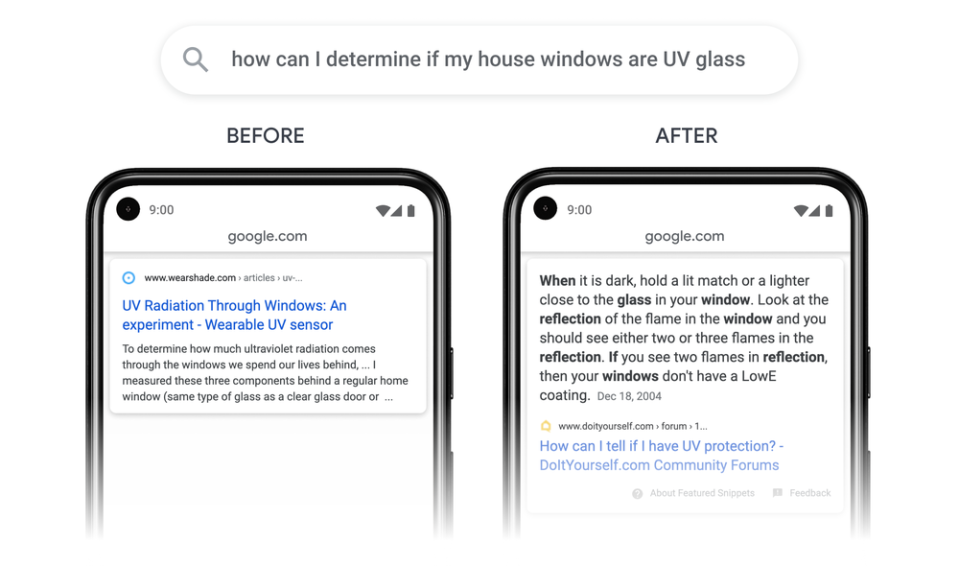Google Search will help you identify that song stuck in your head
Just hum "na na na na na dum dum da."
Over a billion people every day use Google Search, the company said. Despite having worked on the software for more than 20 years, every day there are 15 percent of queries that Google has never seen before. To keep up with the constantly changing queries, sources of information and ways to present results, Google needs to tap the power of AI. Today, the company announced a set of updates that can make Search easier to use, and the most notable of these is a new “Hum to Search” feature that’s avalable today.
It’s like Shazam or Soundhound for song identification, except you don’t need to have the music playing. You can just hum, whistle or sing 10 to 15 seconds of your earworm after tapping the mic icon in the search bar on your phone and saying “what’s this song” or “search a song.” You can also ask the Assistant “what is this song?”
Then, the machine learning algorithm will identify potential matches, even if you weren’t using the right pitch. Results will be delivered based on the tune you hummed and you can pick the best match.

Google also announced a new spelling algorithm to correct any errors in your search strings, as well as the ability to index specific individual passages from web pages. If you’re looking for how a camera feature works and the result is deep inside a 4,000-word review, Google will be able to find these answers better.
The company also shared updates around Google Maps results — it’s bringing a “live busyness” feature to millions more places so you can tell how packed a restaurant is in real time. It’s also adding details about the health and safety precautions that businesses are taking during the pandemic, as well as an upcoming ability to see more information about a business within the Live View AR environment.
Much of the other news from Google has been happening behind the scenes for awhile. The company has been using its Duplex restaurant-calling technology to get updated information about opening hours and days of operation to keep its Maps info accurate, for example. Google’s also continuing to work on subtopic results to deliver information around your search that might be tangentially relevant, too.
